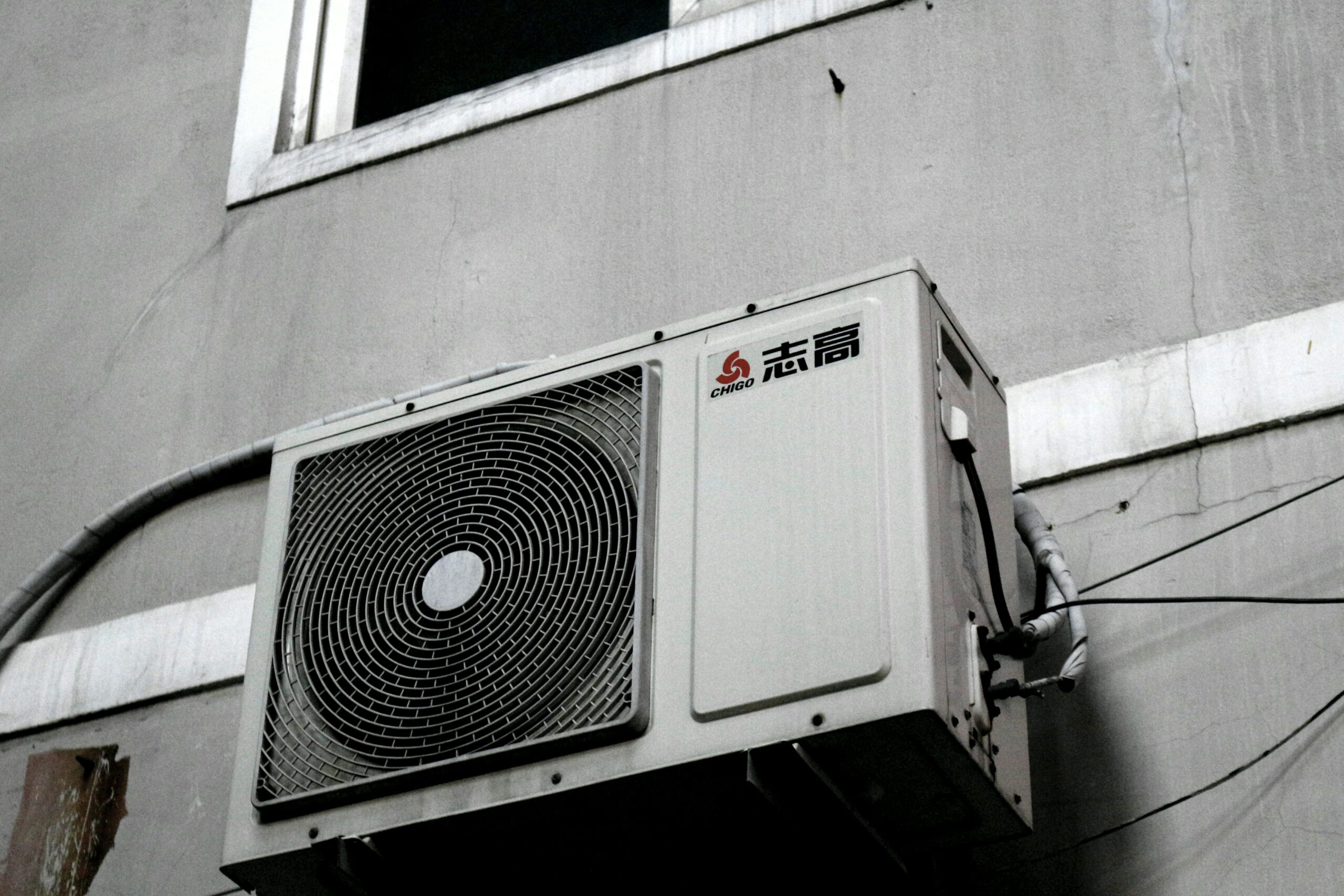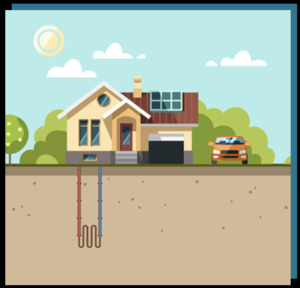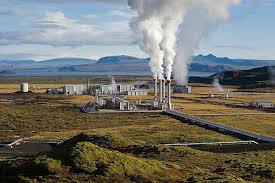Heating technology has advanced dramatically in recent years, offering homeowners and businesses smarter, more efficient solutions. Among these innovations, the best high-temperature heat pump stands out as a game-changer. Unlike traditional systems, high-temperature heat pumps are designed to deliver hotter water and air, making them ideal for older homes with radiators, commercial buildings, and applications where higher heat output is essential.
But with so many models and features on the market in 2025, how do you know which system is right for you? This guide will walk you through everything you need to know about selecting the best high-temperature heat pump, from how they work to key buying considerations, costs, and long-term benefits.
What Is a High-Temperature Heat Pump?
Most standard heat pumps provide warm air at moderate temperatures, often suitable for underfloor heating or modern ducted systems. A high-temperature heat pump, however, can deliver water up to 80°C (176°F), allowing it to work seamlessly with traditional radiator systems.
This makes the best high-temperature heat pump a top choice for:
- Older homes retrofitted from oil or gas boilers.
- Commercial spaces needing reliable high heat output.
- Situations where domestic hot water production requires higher temperatures.
Unlike fossil fuel systems, these pumps use advanced technology to achieve efficiency while reducing environmental impact.
Why Consider a High-Temperature Heat Pump?
Choosing the best high-temperature heat pump comes with major advantages:
- Energy Efficiency: Uses renewable energy sources, cutting utility bills.
- Eco-Friendly: Lowers carbon emissions compared to gas or oil boilers.
- Compatibility: Works with older radiator systems without major retrofitting.
- Reliability: Provides consistent heating even in colder climates.
- Long-Term Savings: Reduced energy costs offset initial investment.
With governments pushing for greener solutions and offering rebates, there’s never been a better time to explore sustainable heating solutions like these.

How High-Temperature Heat Pumps Work
High-temperature systems use the same principles as standard heat pumps but employ enhanced compressors and refrigerants to achieve higher output temperatures.
Key Components:
- Outdoor Unit: Absorbs heat from the air, ground, or water.
- Compressor: Increases refrigerant pressure to raise heat levels.
- Heat Exchanger: Transfers heat to water or air for distribution.
- Indoor Distribution: Supplies heat to radiators, ductwork, or hot water tanks.
The best high-temperature heat pump is designed for maximum efficiency, even at extreme temperatures, ensuring year-round comfort
Factors to Consider When Choosing the Best High-Temperature Heat Pump
When shopping for the best high-temperature heat pump, keep these factors in mind:
1. Heating Capacity
- Match the system size to your home or business needs.
- Oversized or undersized units reduce efficiency and comfort.
2. Efficiency Ratings
- Look for systems with high COP (Coefficient of Performance).
- Modern models deliver efficiency ratings of 3.0 or higher.
3. Climate Suitability
- Some models are optimized for cold climates, while others perform best in milder regions.
- Geothermal options are excellent for year-round stability.
4. Installation Type
- Air-source: More affordable and easier to install.
- Ground-source (geothermal): Higher upfront cost but unmatched long-term efficiency.
👉 Learn more here: Geothermal Heating & Cooling
5. Compatibility with Existing Systems
- If you have older radiators, a high-temperature pump eliminates the need to replace them.
- For new builds, you may prefer underfloor heating with standard heat pumps.
6. Noise Levels
- The best high-temperature heat pump models feature quiet operation, ideal for residential use.
7. Cost and Incentives
- Prices vary between $10,000 and $25,000 depending on system type and size.
- Federal tax credits and rebates in 2025 can reduce costs significantly.
Comparing High-Temperature Heat Pump Options
When narrowing down your choices, compare based on:
- Brand Reputation: Established manufacturers often offer better warranties.
- Efficiency Standards: Higher efficiency means lower bills.
- Maintenance Needs: Some systems require less upkeep.
- Technology: Inverter-driven compressors and smart controls improve comfort and savings.
Creating a checklist will help you identify the best high-temperature heat pump for your unique situation.
Cost of High-Temperature Heat Pumps in 2025
Costs vary depending on whether you choose air-source or ground-source models:
- Air-Source High-Temperature Heat Pump: $10,000–$15,000 (installed)
- Ground-Source (Geothermal): $18,000–$25,000 (installed)
While the upfront cost may seem high, the savings in operating costs can reach up to 60% compared to oil or gas systems. Incentives, rebates, and financing options make 2025 an excellent year to invest in the best high-temperature heat pump.

Maintenance: Keeping It Hassle-Free
Like all HVAC systems, maintenance ensures efficiency and longevity. For the best high-temperature heat pump:
- Replace filters every 2–3 months.
- Schedule professional servicing annually.
- Inspect ducts or radiators for leaks.
- Keep outdoor units free from debris.
Geothermal models require even less maintenance due to fewer moving parts, making them one of the most hassle-free heating options available.
Benefits of Choosing the Best High-Temperature Heat Pump
Here’s what makes the investment worthwhile:
- Lower Energy Bills: Efficiency cuts long-term costs.
- Eco-Friendly Heating: Reduce carbon footprint.
- Durability: Lifespan of 20–25 years for units, 50+ for ground loops.
- Versatility: Works for residential, commercial, and industrial use.
- Future-Proof: Meets stricter 2025 energy standards.
Geothermal vs Air-Source: Which Is the Best?
When evaluating the best high-temperature heat pump, you’ll often choose between air-source and geothermal.
- Air-Source: Lower upfront cost, easier to install, suitable for moderate climates.
- Geothermal: Higher efficiency, stable year-round performance, larger investment.
👉 Discover geothermal solutions: Envirotech Geothermal Systems
Conclusion: Choosing the Best High-Temperature Heat Pump in 2025
If you’re looking for a reliable, efficient, and future-ready heating system, the best high-temperature heat pump is the answer. Whether you’re retrofitting an older home, upgrading from oil or gas, or investing in new construction, these systems provide unmatched comfort, lower bills, and environmental benefits.
With advances in technology, generous rebates, and rising energy costs, now is the perfect time to make the switch.
👉 Ready to explore your options? Contact Envirotech Geothermal today to learn more about high-temperature and geothermal heat pump solutions tailored to your home or business.
FAQs About the Best High-Temperature Heat Pump
1. What makes a heat pump “high temperature”?
It can deliver output temperatures up to 80°C, suitable for radiators and hot water systems.
2. Is a high-temperature heat pump better than a standard one?
Yes, especially if you have an older home with radiators. Standard models are better for underfloor heating.
3. How long do high-temperature heat pumps last?
Most systems last 20–25 years, with geothermal loops lasting over 50 years.
4. Can I replace my boiler with a high-temperature heat pump?
Yes. They are designed to replace boilers while keeping existing radiators.
5. Are incentives available in 2025?
Yes. Federal tax credits and rebates cover up to 30% of installation costs.



